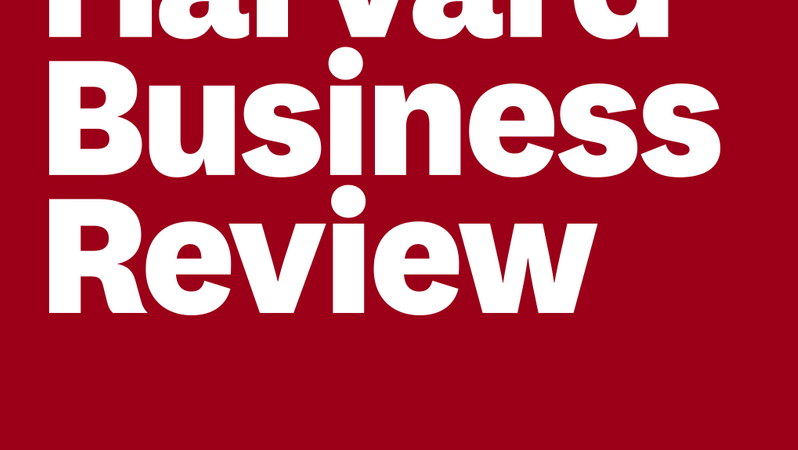This case study presents a fictitious scenario about a company facing the prospect of laying off 10% of its workforce then follows with recommendations from three experts. The 10% workforce reduction was presented as a requirement to “keep profits in line with Wall Street’s expectations”. Should early retirements be forced? Should a performance-based layoff of the bottom 10% be enacted? Should the newest employees be laid of first? Are there any other options? These are some of the questions this Case Study poses.
In my experience, I have found one of the biggest dangers with layoffs to be hurting employee morale and, ultimately, customer service. The company in the Case Study, Astrigo, kept several million dollars in the bank in case of acquisition opportunities. I think this would be a of, at least, part of that fund to invest in the employees and hope things turn around in the extra time the cash could buy the company in avoiding layoffs. This would go a long way toward showing the employees that the company cared about them and, as long as a not-too-large proportion of the cash was used, this would be a good option.
I think layoffs, while generally unfortunate, can oftentimes be turned into a (big picture) positive thing and a leaning ‘fitness plan’ or ‘diet’ for companies. It can be an opportunity to trim out some of the fat and make the company leaner, healthier and more higher-functioning. The layoffs must be done with care, compassion and empathy but sometimes must be done and can be done in a good way; the layoff does not necessarily have to be a (big picture) bad thing.
One of the experts, Bob Sutton of Stanford University had what I thought was some great advice and worth repeating: “A single big layoff is tough on everyone but does a lot less damage than seemingly endless rounds of unpredictable ones.” This certainly makes sense when viewed under the fact that the unknown and change (even good change) is stressful to people. Most would rather have bad news up front than constantly and endlessly wonder and worry and have their imaginations at work on it. If layoffs become inevitable, all at once does seem to make sense. This goes to show that the way management handles a situation (not just the characteristics of the situation itself) go a long way to influencing the effects.
Parting thoughts:
- When layoffs seem inevitable, hopefully businesses look at other, bigger picture, solutions before considering layoffs and only use them as a last resort. Oftentimes, there are other options that go unconsidered: tap a rainy day fund, across–the-board salary cuts, etc.
- CEO’s being affected by their decisions and by financial problems sends a good signal to employees and, conversely, a CEO being unaffected by a company’s financial problems sends a signal that is very deleterious to morale.
- Clear communication with employees and explaining why decisions that were made were made is important.

